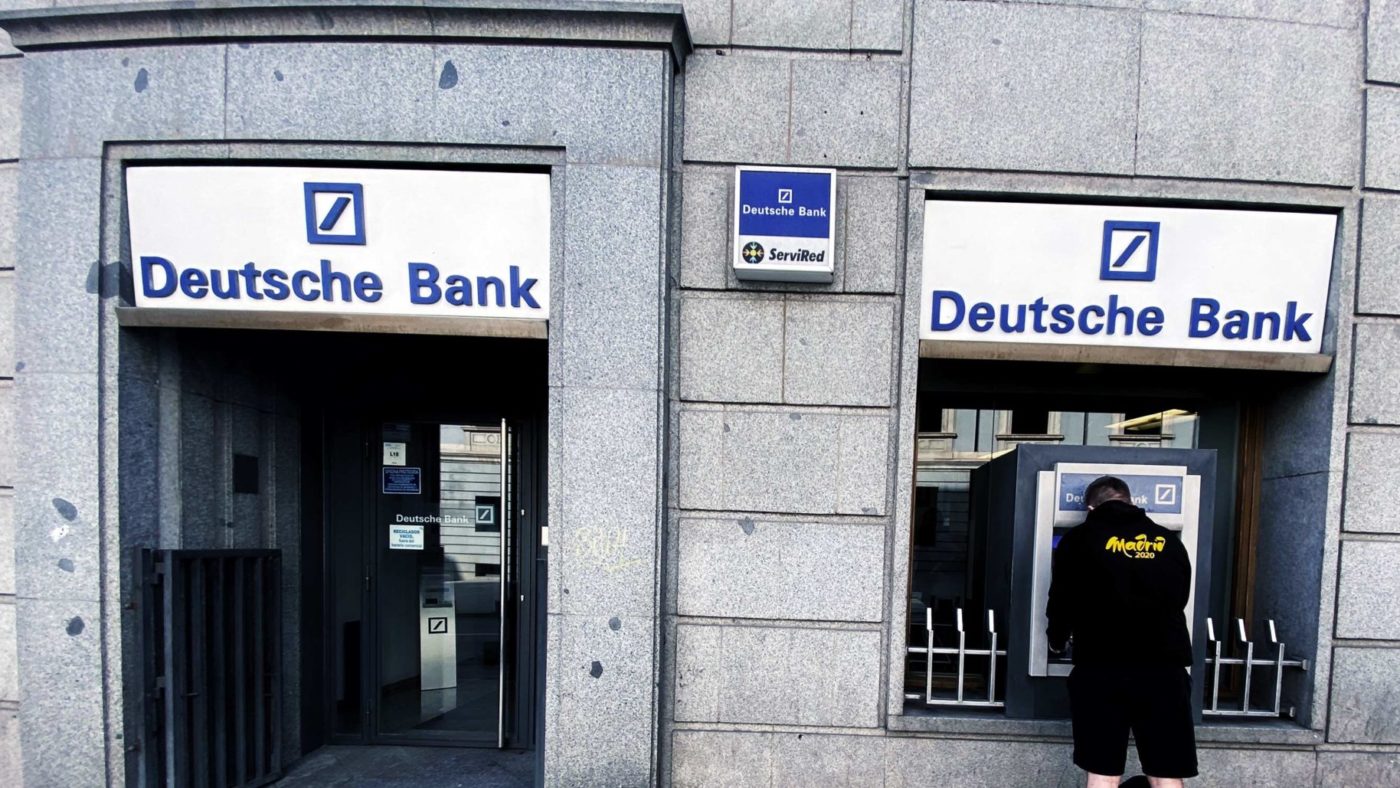If you think about German banking, your first thoughts are likely Deutsche Bank’s history of negative headlines and crashing stock price over the last many years. There is a widely held perception across the financial markets that Germans are brilliant engineers, but terrible bankers. And there are the jokes: if no one else will buy it, then a German probably will.
None of that is the reality.
German bankers are good. They are incredibly well trained and professional. They are polite and willing to listen and learn. (In contrast: the Spanish think they know best, the Italians are sure of it, while French bankers consider themselves an intellectual elite because they can spell “derivative”.) German financial professionals generally ask smart and direct questions. They aren’t risk adverse – they analyse and understand risks.
What has created the perception of bad German banking is two inter-related factors:
The first is an incredibly diverse banking sector. Despite a history of successful merchant banking in 16th century German states, there are simply too many small local banks competing for business to have allowed the development of large national champions. Large parts of the sector are locally focused around six regional Landesbanks, 350 plus Savings Banks and over 850 Cooperative Banks.
Germany’s financial system resembles half-a-dozen Luxembourgs rather than Europe’s most prosperous nation. In some ways diversified banking works – small SMEs (which remain a critical part of the German economy) deal with small local banks.
The second problem is politics. While many of these regional/local banks are staffed by well-trained banking apprentices, in the past they were managed by local political appointees who happily lent to favoured businesses like shipping. Smart investment bankers sold up to the bosses. The system was most brutally exposed during the 2008 crisis when it became clear the Landesbanks and others were sitting on billions of duff investments. The bosses bought into the stories sold to them by US investment banking snake-oil salesmen.
Despite the losses, politics continues to skew German banking. Banking complexity is unlikely to be solved soon. Local “interests” ensure any consolidation will be very slow, and the Wirecard scandal has reawakened the concerns about the overall quality of governance. It’s clear the German regulator, BaFin missed all the signs and signals – which had been clearly flagged by the FT and whistleblowers. BaFin is a far more politically managed regulator than makes sense – reporting direct to the Finance Ministry.
Questions about how Germany’s convoluted financial system can be incorporated into a European Banking Union, or even how it is currently regulated are impossible to answer. It remains a mess.
The result of banking complexity, regional politics, and the fact Germany is a comparatively young nation without a long mercantile history, means there is not a single financial/commercial capital like London creating a whole infrastructure of financial services and a market-driven mindset. The concept of a post-Brexit Financeplatz Europa, based in a backwater village like Frankfurt, replacing the metropolis of London was always a joke – whatever the EU and M. Barnier think.
Years ago the big commercial banks; Deutsche Bank, Commerz and Dresdner tried to play in the international big leagues. It went predictably and badly wrong. They moved to London and New York, enthusiastically embraced external hires to run new investment banking businesses, and made every single mistake it was possible to make. It was always going to be difficult to win at investment banking when the US banks had already marked the cards, and the FED and SEC were playing on their side.
Now the whole structure of German banking is under threat again from economic reality. Negative ECB rates mean the banks are struggling to make returns – even when the ECB is paying them to borrow money! They remain generally underfunded and undercapitalised , struggling to make decent margins or returns.
There is much to be resolved about German banking. It’s a quagmire. But, where isn’t?
Local banks that understand local business is never a bad thing. It certainly sounds better than a few banking behemoths dominating the high streets, where all services have been centralised and local branches closes.
Likewise, what’s good or efficient about a banking system when ‘computer says No’ and it can take months to penetrate the big bank regulatory doublethink to open accounts, secure loans and move forward?
Click here to subscribe to our daily briefing – the best pieces from CapX and across the web.
CapX depends on the generosity of its readers. If you value what we do, please consider making a donation.


